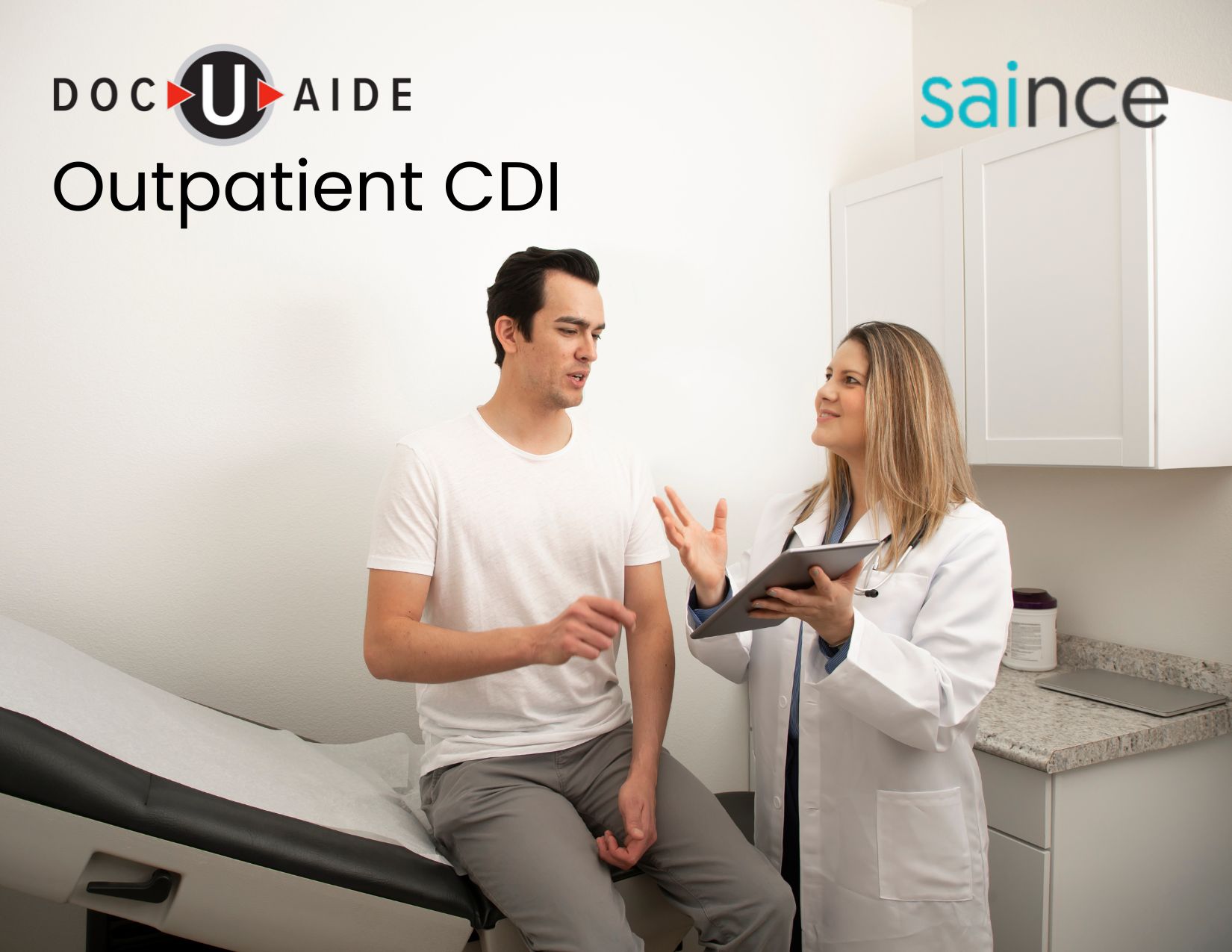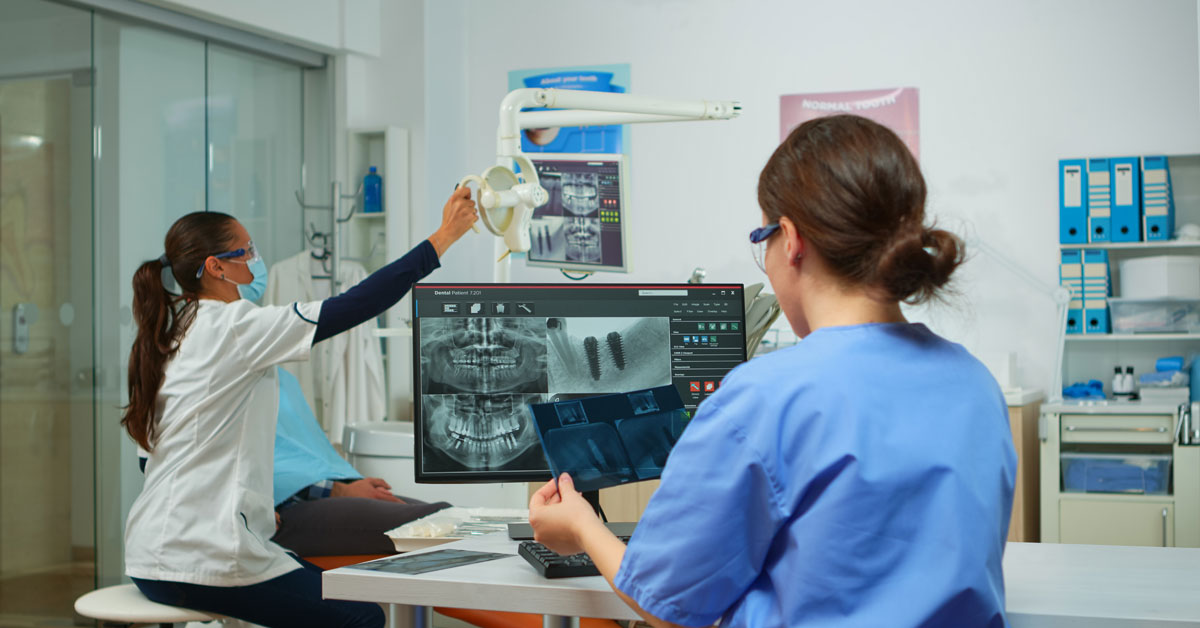Optimizing Outpatient Clinical Documentation Improvement: Elevating the Quality of Patient Care Through Accurate and Comprehensive Documentation
Clinical documentation improvement (CDI) has become a crucial component of the healthcare industry, and with the rise of outpatient care, it has become more important than ever before. However, the focus of CDI has largely been on hierarchical condition categories (HCCs) and risk adjustment, leaving other important aspects of outpatient CDI neglected. If you want a complete and successful outpatient CDI program, just reviewing patient charts for HCCs is not enough. You need a solution that addresses all aspects of outpatient CDI, and there’s no better solution on the market than Doc-U-Aide.
Outpatient CDI encompasses more than just HCCs and risk adjustment. Quality measures, problem list maintenance, coding integrity, and documentation quality are all critical aspects of outpatient CDI that need to be addressed for a successful program. Each of these components plays a significant role in ensuring that the care delivered to patients is both effective and efficient. Neglecting any one of these areas can have a detrimental impact on patient care and overall outcomes.
For example, quality measures are essential in tracking the effectiveness of care delivery. These measures help to ensure that patients are receiving the appropriate care, as determined by evidence-based guidelines. Without proper documentation of these measures, it can be difficult to assess whether patients are receiving the care they need. This can result in missed opportunities for interventions or unnecessary treatments.
In addition to quality measures, problem list maintenance is also critical. A patient’s problem list provides a snapshot of their health status and serves as a communication tool between providers. Accurate and up-to-date problem lists are essential to ensure that providers have a complete picture of a patient’s health status, allowing them to make informed decisions regarding care delivery. Without proper documentation of problem lists, providers may miss critical information, resulting in suboptimal care.
Coding integrity is another critical aspect of outpatient CDI. Accurate coding is essential to ensure appropriate reimbursement and prevent potential audit issues. Without proper documentation and coding, healthcare organizations may face financial penalties or loss of revenue. Additionally, inaccurate coding can result in denials or delays in payment, which can impact the financial health of a healthcare organization.
Finally, documentation quality is essential to ensure that patient care is well-documented and can be effectively communicated between providers. Proper documentation not only supports accurate coding and billing, but also helps to ensure that providers have a complete understanding of a patient’s health status. This, in turn, can lead to improved care delivery and better patient outcomes.
While HCCs and risk adjustment are important components of outpatient CDI, they are not sufficient on their own. A complete and successful outpatient CDI program requires a solution that addresses all aspects of CDI, including quality measures, problem list maintenance, coding integrity, and documentation quality. And that solution is Doc-U-Aide.
Doc-U-Aide is the only solution on the market that provides a comprehensive approach to outpatient CDI. It combines artificial intelligence and natural language processing to deliver real-time feedback on documentation quality, ensuring that providers are capturing all necessary information. It also includes features to track quality measures, maintain problem lists, and ensure accurate coding, all in one easy-to-use platform.
In conclusion, if you want a complete and successful outpatient CDI program, just reviewing patient charts for HCCs is not enough. Quality measures, problem list maintenance, coding integrity, and documentation quality are all critical aspects that need to be addressed. And the best solution on the market to address all of these areas is Doc-U-Aide. Don’t neglect any aspect of outpatient CDI. Invest in a comprehensive solution today and ensure that your patients receive the best possible care.







